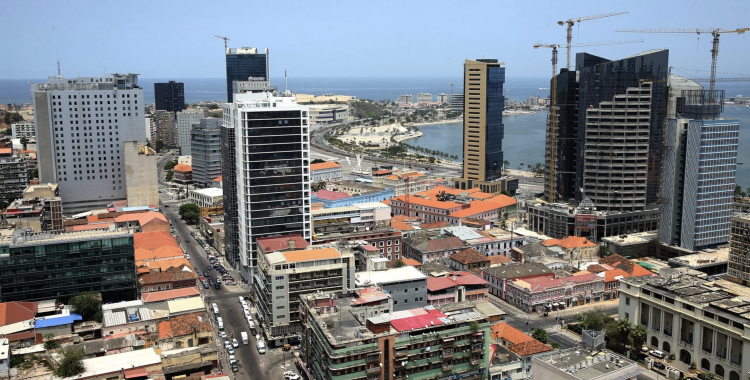Under the Belt and Road Initiative, China cemented its position as a creditor to African countries, through financing and construction of ports, airports, railway lines or highways.
However, the debt crisis among developing countries, climate change and the slowdown in the Chinese economy led Beijing to change the paradigm, focusing on smaller projects and renewable energy.
Researchers from the Global China Initiative (GCI), at the Center for Global Development Policy at Boston University, in the United States, point to a persistent decline in new loans by Chinese entities to African government borrowers, which has increased in recent years.
The value of new loans has fallen from a peak of 28.5 billion dollars in 2016 to just under 1 billion dollars in 2022 – the second year in a row that loans have fallen below 2 billion dollars.
"The Belt and Road Initiative seems to be in a period of reconfiguration", observed Oyintarelado Moses, data analyst at GCI, to the Lusa agency, in a written interview.
Also Michael Pettis, professor of financial theory at the Guanghua College of Management, Peking University, pointed out a pyramid shape in the graph of Chinese investment worldwide, with a sudden rise that reaches its peak in 2016 and records, shortly thereafter, an abrupt descent.
The turning point was Venezuela's default, Pettis explained to the Lusa agency. According to different estimates, Caracas currently owes 10 billion dollars to different Chinese institutions.
"This was a very big shock for Beijing", said the economist, who has lived in the Asian country for more than two decades. "It was the first time [China] realized that lending to developing countries is quite risky and that when you expand too quickly, problems are likely to arise".
The Covid-19 pandemic and the rise in interest rates in recent years, in response to galloping inflation in the world economy, have made China even more cautious.
"The biggest change that we have to recognize is that the era of low interest rates and cheap money coming out of China into these countries is over," said Ammar A. Malik, a researcher in the AidData research unit at William's Global Research Institute & Mary, in the USA.
"The challenge [for China] now is to ensure that these countries have sufficient liquidity and that these projects are sufficiently functional so that [Beijing] can collect its repayments with interest and in a timely manner," he said.
In recent years, several beneficiary governments have asked creditors, including China, for debt deferral or relief.
In the case of Angola, one of China's main borrowers in Africa, the drop in investment may be associated with the Chinese authorities' decision to reduce financing for fossil fuel projects and direct the money to cleaner energy sources.
Chinese President Xi Jinping announced, in 2021, that China will "strongly" support green development in the poorest countries.
"This commitment will likely result in financial support for the development of renewable energy in Angola", highlighted Oyintarelado Moses.
"Future financing opportunities from China could support Angola's energy transition and diversify its economy, which is highly dependent on oil exports," he said.







